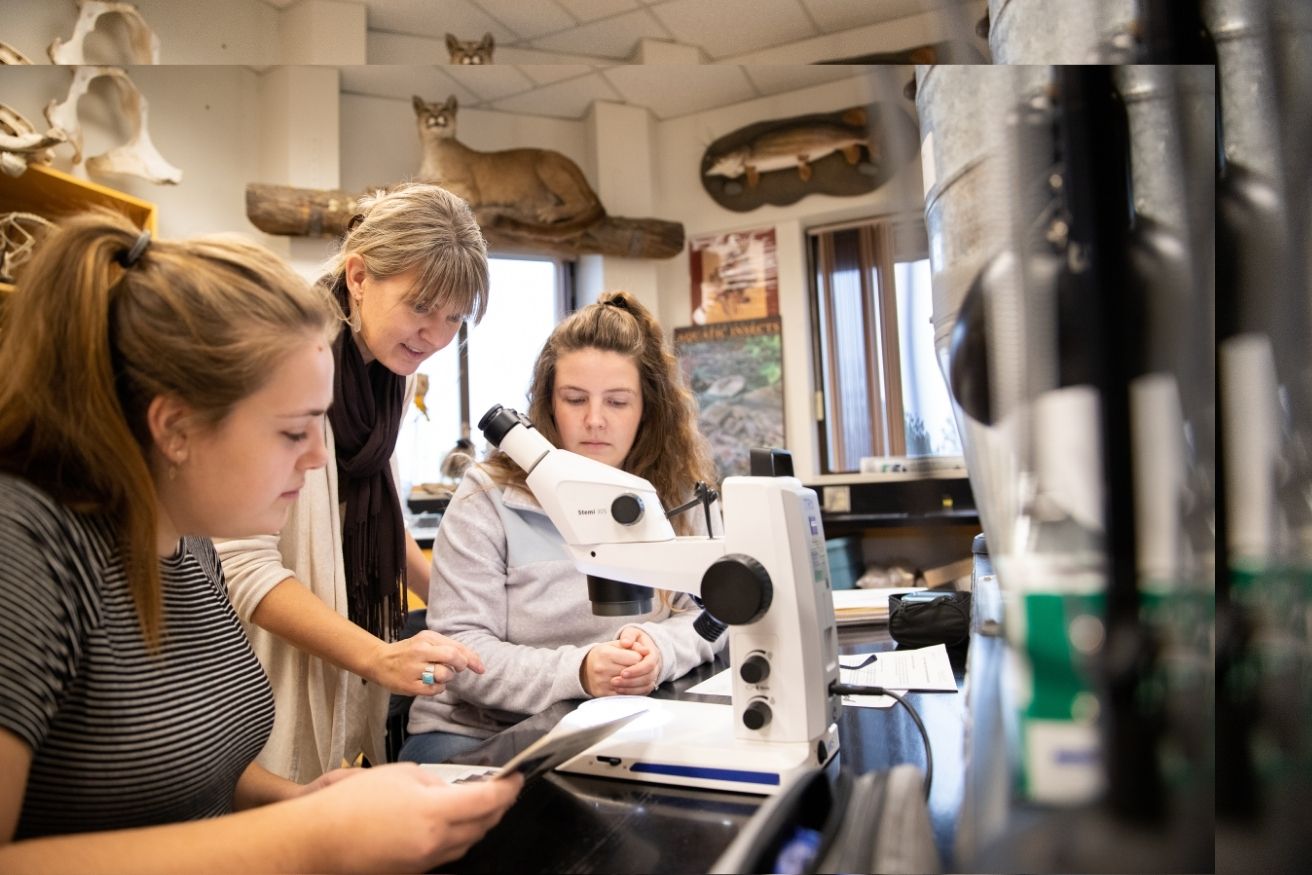Research Topic and Question
This module is here to help you find a compelling topic to study. You will learn how to construct research questions to guide your inquiry and identify what matters to you and your community. The module is divided into four sections, each building upon the previous one to help you grow and refine your research topic and questions.
Course Features
What you’ll learn
Learn the Art of Academic Research
Gain the skills to navigate, evaluate, and synthesize scholarly literature, ensuring your research is grounded in credible and relevant sources.
Build a Strong Foundation for Your Literature Review
Learn how to effectively identify key themes, trends, and gaps in the literature, positioning your work at the forefront of academic conversations.
Boost Your Research
Confidence
Through interactive activities, this module equips you with the tools and strategies to conduct thorough, impactful literature reviews that stand out.
Here’s What’s Covered
Explore These Resources to Enhance Your Research Skills
Stay Updated!
Stay in the loop with the latest news, resources, and updates from the Research Hub. Get alerts for new module releases straight to your inbox.

